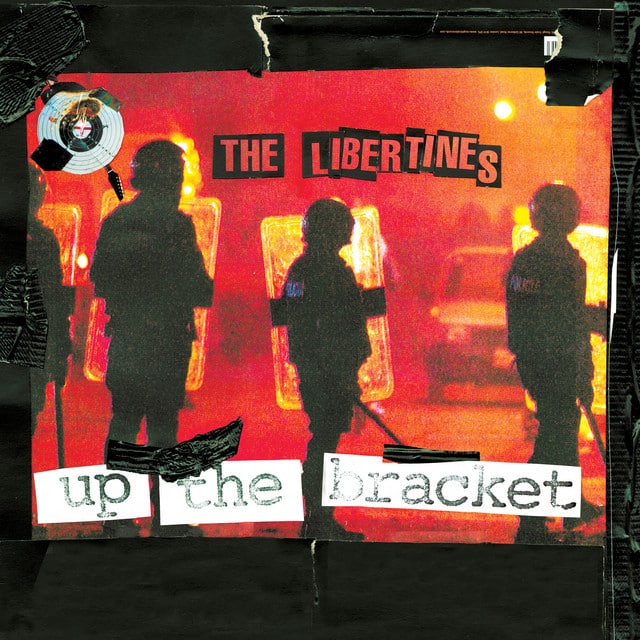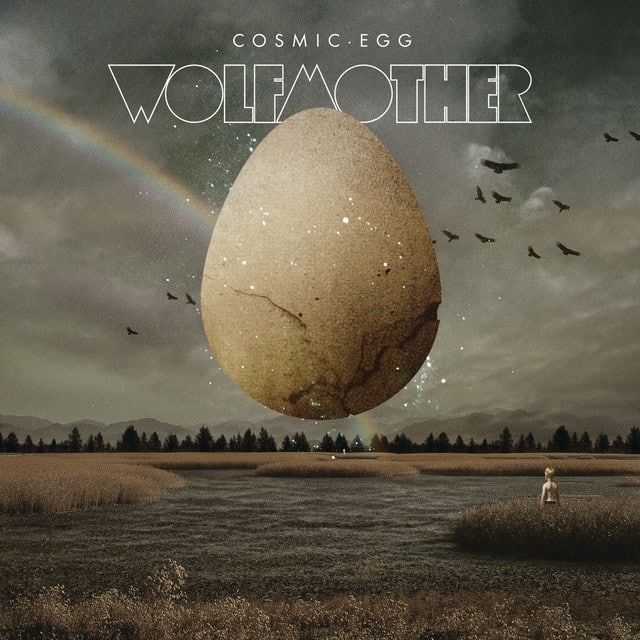Released: 2002
“Time for Heroes” by The Libertines is a vivid portrayal of youthful rebellion, social unrest, and a poignant reflection on the fleeting nature of time and status. Set against the backdrop of societal discord, the song juxtaposes themes of love and loyalty with the harsh realities of violence and disillusionment, encapsulating the struggles and spirit of a generation seeking to leave its mark in a world that’s often resistant to change.
The opening lines, “Did you see the stylish kids in the riot”, plunge us directly into the midst of chaos, painting a picture of young rebels, both victims and instigators in a societal upheaval, metaphorically ‘shovelled up like muck’ amidst their attempts to ‘set the night on fire’. This imagery speaks to the youthful drive to challenge the status quo, suggesting a deep dissatisfaction with the present state of affairs. The reference to ‘Wombles’, characters from a British television show known for cleaning up litter, bleeding ‘truncheons and shields’, adds a layer of irony, indicating that those intended to clean up and maintain order are instead contributing to the violence.
The repeated line, “You know I cherish you my love”, amidst descriptions of chaos and disorder, underscores a personal declaration of loyalty and affection in the face of external turmoil. It’s a reminder of the personal stakes individuals have in such tumultuous times, emphasizing love and connection as sanctuaries.
When the lyrics shift to talk of a ‘rumour spread nasty disease around town’ and being ‘caught around the houses with your trousers down,’ it transitions from literal social unrest to personal vulnerabilities and scandals — the metaphorical ‘diseases’ that can tarnish reputations and personal integrity in the eyes of society. The reference to ‘a head rush in the bush’ likely symbolizes quick, thoughtless actions and their potential repercussions.
The mention of “Time will strip it away, a year and a day” alongside ‘Bill Bones knows what I mean’ signals the inevitability of change and decay over time. ‘Bill Bones’, a colloquialism for death personified, emphasizes that fame, youth, and even rebellion, are fleeting, with time being the ultimate equalizer.
The societal critique sharpens with the observation, “There are fewer more distressing sights than that of an Englishman in a baseball cap”, mocking the adoption of American culture as a loss of English identity, and perhaps a symbol of the decline in traditional class consciousness, leading to the resigned conclusion “we’ll die in the class we were born”. This reflects a grim acceptance of class immobility and the enduring nature of social divisions, despite the fervor of youth to transcend them.
Ultimately, “Time for Heroes” is a raw and reflective anthem that captures the energy, despair, and defiance of a generation caught in the crosshairs of historical and personal upheaval. Through vivid imagery and biting social commentary, The Libertines invite us to confront the complexities of love, identity, and societal change, ensuring that the song resonates not just as a moment in time, but as a timeless call to arms for the disillusioned and the hopeful alike.






